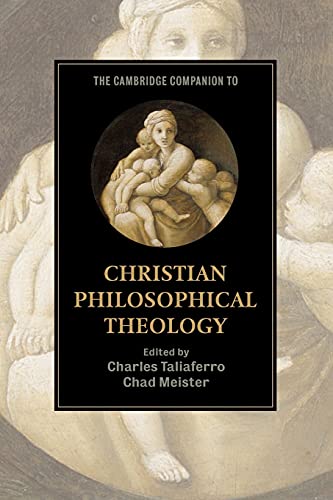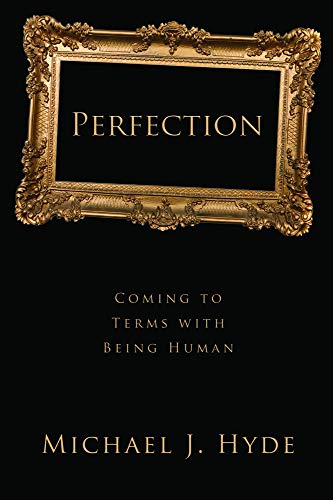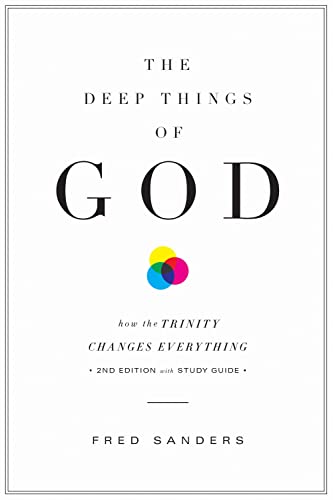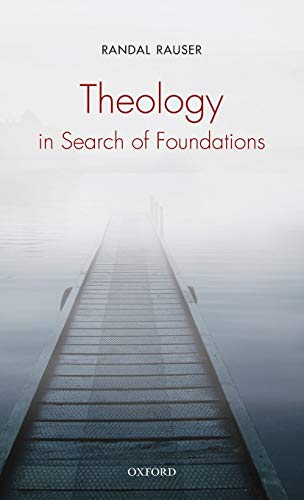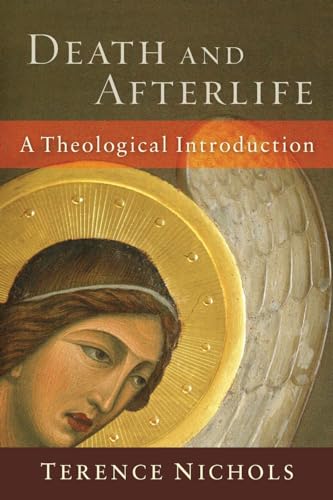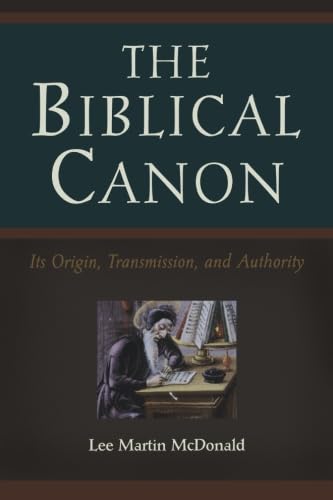The Cambridge Companion to Christian Philosophical Theology
Written by Charles Taliaferro and Chad Meister, eds. Reviewed By James N. AndersonWhile the label “philosophical theology” is of relatively recent coinage, the practice of philosophical reflection on religious doctrines is almost as old as religion itself. The introduction to this collection of essays thus describes philosophical theology as “a branch of the overall field of philosophy of religion.” Philosophical theology can be conducted from the standpoint of any religious tradition—Judaism, Islam, Hinduism, Buddhism, and so on—but it is indisputably the Christian tradition that dominates the discipline today and accounts for its continued growth and vitality. The present volume, which offers sixteen chapters authored by some of the most distinguished scholars in the field, is therefore a worthy and welcome addition to the Cambridge Companions series.
The collection is divided neatly into two parts: six chapters under the heading “God” and ten under the heading “God in Relation to Creation.” Since it is practically impossible to do justice to a topic like “Trinity” or “Incarnation” in twelve to fifteen pages, even in brief survey, the essays for the most part serve to introduce a selection of the most interesting (or vexing) philosophical issues raised by a particular area of Christian doctrine. Some chapters offer a fairly objective overview of their topics, while others more obviously reflect the biases of their authors. All of the chapters were specially commissioned for the book, and although many consist of summaries or condensations of material published elsewhere by the authors, some do offer novel contributions to their assigned topic.
Ronald Feenstra’s “Trinity” summarizes the development of the doctrine from the NT to its creedal formulations and the major contributions to its interpretation through the medieval period to the present day. Somewhat surprisingly it contains little in the way of philosophical theology, consisting mainly of historical survey; a more useful approach might have been to take one of the early Trinitarian creeds and discuss the various attempts to elucidate its metaphysical claims. In contrast, Brian Leftow’s “Necessity” offers an exemplary piece of philosophical theology: a fine-grained analysis of the claim that God exists necessarily. Even so, his treatment uses logical notations that are prone to bewilder readers unschooled in such formalisms. (The difficulty is compounded—at least in my review copy—by the fact that some of the symbols are incorrectly printed.)
Brian Davies’s chapter on divine simplicity focuses entirely on Aquinas’s treatment, a feature that some readers will consider a strength and others a weakness. Aquinas’s discussion is undoubtedly the locus classicus, and Davies does a fine job of rebutting some of the common objections to the Thomistic doctrine. William Wainwright’s “Omnipotence, Omniscience, and Omnipresence” devotes most of its discussion to the last of the three “omnis.” Wainwright makes an original contribution by exploring interpretations of divine omnipresence inspired by Jonathan Edwards’s occasionalism and by the Eastern Orthodox notion of “divine energies.”
John Hare’s treatment of divine goodness, while informative, is also heavy on historical survey and light on philosophical theology, thus inviting the suspicion that the contributors weren’t all on the same page regarding the format and goal of the volume. William Hasker’s treatment of “Eternity and Providence” is a model of clarity but seems deliberately constructed so as to cultivate sympathy for open theism; his framing of the issues is more reflective of the present-day inclinations of Christian philosophers than of mainstream Christian tradition, at least in the West. (“Augustinianism remains the view of a small but determined minority. The most active discussions, on the other hand, are going on between Molinists and open theists.”)
Opening the second part of the book, Katherin Rogers’s “Incarnation” includes a creative defense of the coherence of the Chalcedonian view of the Incarnation based on the (unlikely) analogy of a teenager playing a character in a video game. Rogers admits that her analogy, like any analogy, has its limitations—specifically, it doesn’t really do justice to the unity of Christ’s person—but it’s a novel contribution nonetheless. The following chapter by Stephen Davis helpfully summarizes the recent defenses of the historicity of the resurrection by N. T. Wright and Richard Swinburne; it also reviews various attempts to explicate the metaphysics of the doctrine of general resurrection.
Gordon Graham’s “Atonement” and Paul Moser’s “Sin and Salvation” make for a somewhat odd couple. Graham proposes a synthesis of objective (penal) and subjective (exemplary) models of Christ’s atonement in an attempt to address the perceived weaknesses of each, leading to a solution in which the price of sin is paid by both the Redeemer and the redeemed (albeit in different respects). Moser, in contrast, outright rejects the penal substitution view as fundamentally unjust because it involves the punishment of an innocent. Yet on Moser’s alternative view, despite his insistence that Christ’s sacrifice satisfied divine justice, it appears that no one ultimately pays the price for sin (in a penal sense). Part of the problem here, I would submit, is that both authors overlook the Pauline notion of imputation (Rom 4:1–12; 5:12–21; 2 Cor 5:21; Phil 3:9), a theological concept that surely begs for philosophical exploration.
Chad Meister’s chapter on the problem of evil includes fine summaries of Christian responses to the logical (deductive) and evidential (probabilistic) anti-theistic arguments from evil, Augustine’s free-will theodicy, John Hick’s soul-making theodicy, and Marilyn Adams’s work on “horrendous evils.” Evangelical readers may feel that Meister concedes too much to modern evolutionary theory and is overly sympathetic toward Adams’s universalism.
Next in line, William Abraham’s “Church” provocatively reflects on the nature, authority, and identity of the church, but begs too many questions with regard to Protestant-Catholic differences insofar as it tries to bypass altogether questions about the nature and authority of Scripture. Charles Taliaferro’s chapter on “Religious Rites” laments the lack of attention given to the subject by Christian philosophers. By way of remedy Taliaferro offers a preliminary definition and analysis of Christian religious rites, followed by a general account of “sacramental realism” with respect to the Eucharist. His treatment thus marks a genuine advance in philosophical discussions on this important but neglected topic.
In “Revelation and Miracles,” Thomas D. Sullivan and Sandra Menssen address questions concerning the basis for believing revelatory claims and the role of miracles in confirming such claims, interacting along the way with Richard Swinburne’s evidentialist case for Christian revelation and David Hume’s influential argument against miracle claims. Harriet Harris’s chapter “Prayer” surveys a range of philosophical analyses of the practice of prayer—even panentheist and atheist ones—and illustrates, among other things, how loosely the qualifier “Christian” in the book’s title can be interpreted.
Keeping last things for last, the closing chapter by Jerry L. Walls addresses some of the philosophical objections raised against the traditional Christian doctrines of heaven and hell. Walls takes libertarian free will for granted and devotes a large part of his treatment to countering the recent arguments for universalism put forward by Marilyn Adams and Thomas Talbott—a partial confirmation, perhaps, of Hasker’s remark about the dwindling influence of Augustinianism among Christian philosophers.
As one would expect from Cambridge University Press and such a distinguished line-up of contributors, the chapters are all of a high standard. Given the relative brevity with which each topic is treated, however, and the inevitable (and sometimes prejudicial) selectivity of the material, the Companion will better serve as a “taster” for the field of Christian philosophical theology than as a handbook or reference work. It could certainly provide the basis for an introductory course at a college or seminary. Despite its many virtues, the volume suffers from two rather glaring omissions. It’s remarkable that in a book whose content is partitioned by the doctrine of creation, there is no chapter devoted to the doctrine of creation itself. Also conspicuous by its absence is a chapter on the doctrine of Scripture (a topic barely touched on in “Revelation and Miracles”) given the foundational role that the Bible has played in Christian theology. Whether these omissions tell us anything significant about the current preoccupations on Christian philosophical theologians, one can only speculate. What is clearer, however, is that there is a crying need for more evangelical scholars to sow their seed in this flourishing field.
James N. Anderson
James N. Anderson
Reformed Theological Seminary
Charlotte, North Carolina, USA
Other Articles in this Issue
Most of our readers are theological students and pastors...
The Dazzling Darkness of God’s Triune Love: Introducing Evangelicals to the Theology of Hans Urs von Balthasar
by Stephen M. GarrettJürgen Moltmann observes that Christian theology and the Church face “a double crisis: the crisis of relevance and the crisis of identity...
Plots, Themes, and Responsibilities: The Search for a Center of Biblical Theology Reexamined
by Daniel J. BrendselIn the prolegomena to his “approach to biblical theology,” Charles H...
Since the mid-twentieth century biblical scholars have increasingly accepted that the texts of the Bible must be interpreted in terms of their literary genres...
The present age tends to regard polemics, theological controversies, and all-round doctrinal fisticuffs as, at best, a necessary evil, at worst, one of the most revolting aspects of Christianity...


